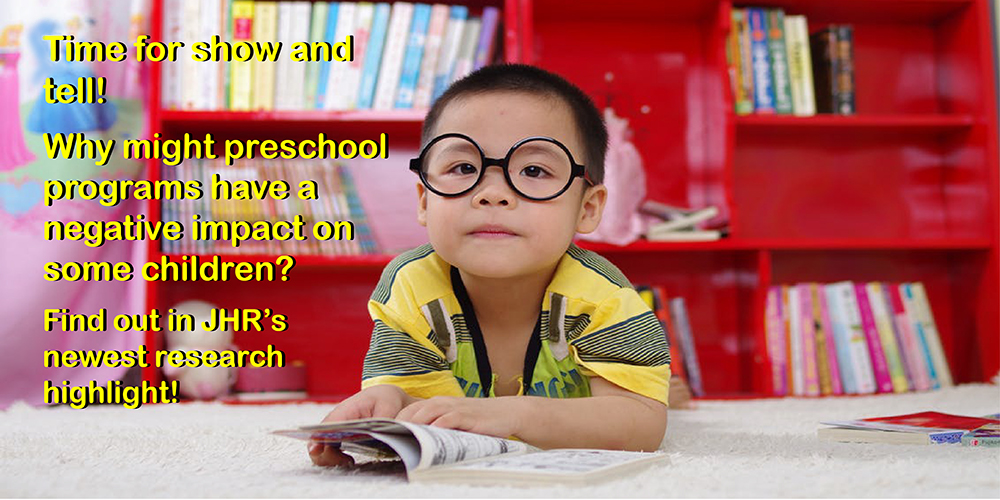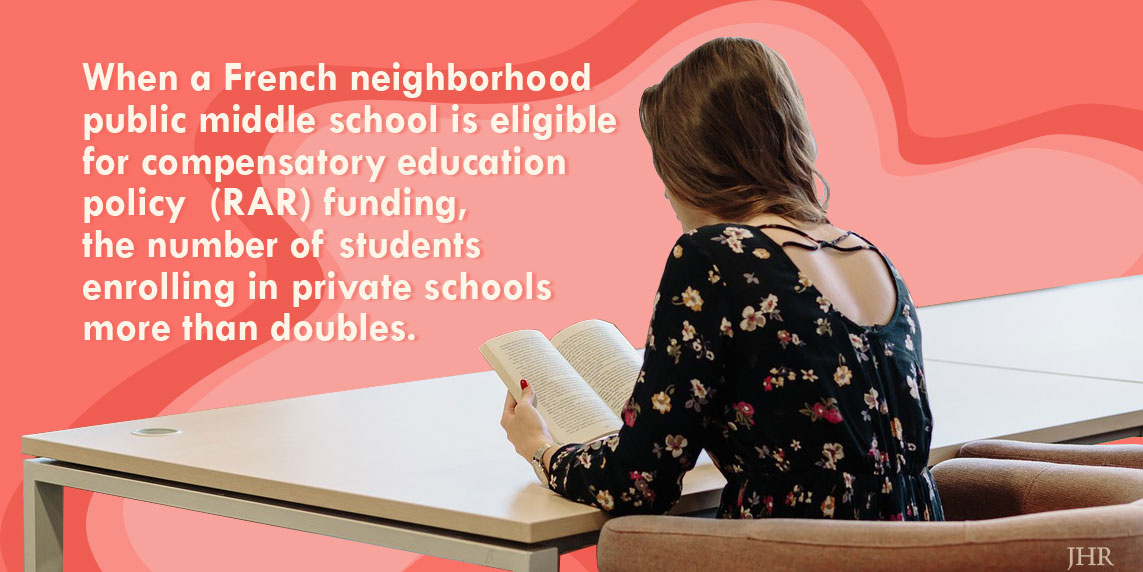Preschool and Parents’ Reactions in a Developing Country: Evidence from a School Construction Experiment in Cambodia
Studies from low-, middle-, and high-income countries show that children brought up in a more favorable early environment benefit in the long run. They are healthier, taller, have higher cognitive ability and educational attainment, and earn significantly higher wages. As a result, preschool construction programs are often assumed to hold considerable promise to increase school readiness while reducing socioeconomic gaps in human capital development. Researchers Adrien Bouguen (University of Mannheim), Deon Filmer (World Bank), Karen Macours (Paris School of Economics and INRA), and Sophie Naudeau (World Bank) examined a school construction project in Cambodia to see if this kind of effort had the desired results. They found that a poor understanding of parent response may be at the heart of the program’s disappointing results.
There is not much robust evidence of a causal relation between preschool construction and school performance in developing countries, and the parental response to the introduction of new early childhood programs is understudied. Parents might be unwilling or unable to leave their children at a preschool. Or, they might believe, rightly so or not, that socioemotional development is better carried out at home. If parents with lower parental skills are more likely to keep their children out of preschool, children who need preschool the most might miss out on potential benefits.
The authors investigated parental response to a preschool construction program and its impacts on a wide set of early childhood outcome in Cambodia. Villages benefiting from a preschool construction were compared to control villages. The control group in this study was under parental care but also could participate in underage enrollment in primary school. The research hence estimates the effect of a preschool program in a context where the intervention triggered a reallocation between preschool, primary school, and parental care at home. With the intervention, early enrollment in primary school dropped, preschool enrollment increased, but poorer children were more likely to stay at home.
The results show limited overall impact on child development, and negative impacts for 5-year-old children who were most directly targeted by the new preschools. The program suffered from poor implementation that limited exposure time and reduced service quality. An additional reason for the disappointing results comes from the parental response to the preschool construction. Higher educated parents substituted underage primary school enrollment with preschool enrollment, while less educated parents withdrew children from formal education.
These findings—poor implementation, unexpected parental response, and disappointing results—resonate with several other articles published for developed countries. Altogether, they suggest that the design of preschool interventions should start with a better understanding of parental enrollment decision-making and the availability of close preschool substitutes.
Read the full study in the Journal of Human Resources: “Preschool and Parental Response in a Second Best World,” by Adrien Bouguen, Deon Filmer, Karen Macours, and Sophie Naudeau



